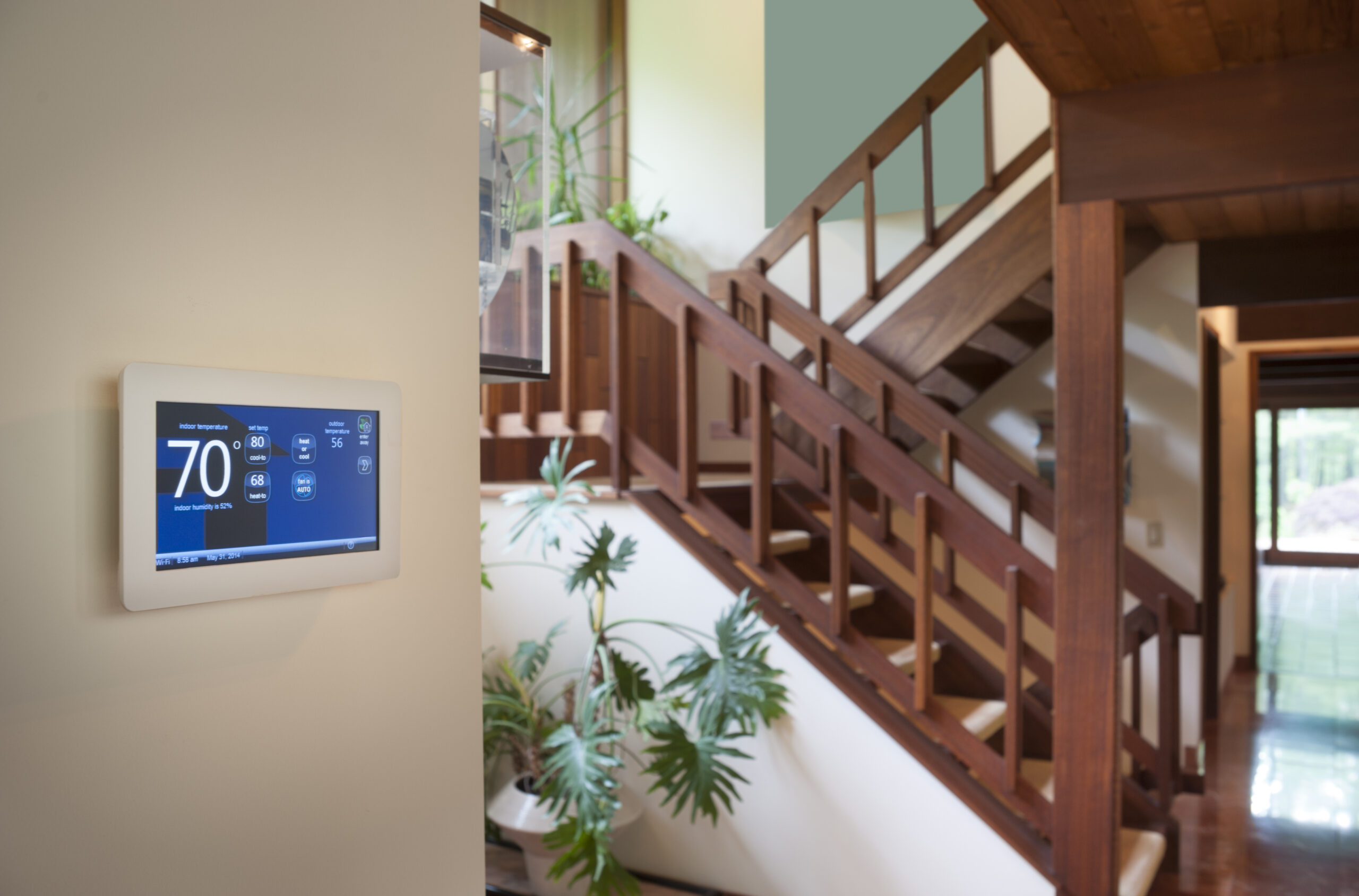All of us love our homes. They are our safe place, our escape from the hustle and bustle of the outside world, and they are uniquely ours. What you may not know is that our homes are also incredibly wasteful when it comes to energy. Electricity and water inefficiencies are the most common, but there is some good news: there are ways to correct this. Both budget-friendly and high-budget options are available that are effective at increasing the energy efficiency of a home; everyone can make a difference!
Why is Energy Efficiency Important?
Energy use in the home is one of the most inefficient processes out there. Many people leave even rarely used electrics plugged in 24/7, choose inefficient lightbulbs, have outdated appliances, and so much more that contributes to excessive energy use.
Saving energy in the home is a relatively easy process and although it CAN cost a lot of money, it doesn’t have to. Investing in an energy efficient home will actually save homeowners money in the long run; cheaper energy bills contribute to large savings accruing over time. While saving money is a great benefit of improving the energy efficiency of a home, it is not the most significant impact of such a change. That title belongs to the benefit to the environment.
Greenhouse gas emissions are incredibly damaging to the planet, and this pollution can be found all around us; everywhere from the air we breathe to the soil beneath our feet. Cutting back on greenhouse gas emissions is one of the few ways we can limit the harm to the planet and try to correct the damage already done. Although the improvements to the planet are not as visible as the improvements to our energy bills, they are meaningful and powerful changes just the same.
Budget Tips
While many homeowners would like to reduce the energy use in their home, it can be difficult to find ways to do so without spending an exorbitant amount of money. However, there are a variety of decisions a homeowner can make to cut back on their energy use and improve the overall efficiency of their home. Below are some budget-friendly tips to improve the energy efficiency in any home.
- Caulk and Weather-Strip Your Windows/Doors: Air leakage around the doors and windows in a home is one of the most prevalent areas of heat loss. Poor seals around the edges of these structures allows heat inside in the summer and allows all the inside heat to escape in the winter. This heat transfer drives up your energy bills because the HVAC unit has to work harder to combat the inefficiency. Caulking and weatherstripping these areas in your home can result in a noticeable reduction in energy use all year round.
- Get a Smart/Programmable Thermostat: Smart/programmable thermostats can significantly reduce the amount of energy you use for heating and cooling your home while you’re away. These smart devices allow you to program temperature changes automatically. Changing the temperature by even a few degrees during the day will result in significant changes to the amount of energy demanded to maintain the home.
- Install Fans: Installing ceiling fans in your home, or simply increasing their usage if they are in place already, can cut back quite a bit on the AC you are needing to cool your home. For warm days, a ceiling fan may be all that is needed to keep you cool room-by-room instead of spending the money and energy on cooling the entire house at the same time with an AC unit.
- Change Your HVAC Filters: Filters that are holding onto a lot of grime and build up lose their filter capability and actually affect the efficiency of the machine as a whole. HVAC’s with dirty filters have to work harder to pull air through and circulate it throughout the house. Cleaning or replacing the filters in your HVAC will improve the heating and cooling of your home and reduce the energy demand of the process too.
- Plant Trees Around Your Home: Planting trees in strategic places around your home will increase its natural insulation. In the warm months, the trees can shade your windows and reduce the amount of heat entering your home in the sun’s rays. In the winter, the bare branches will not interfere with the sun’s natural warming of your home, and the trees can also reduce the windspeed around your home to act as a further insulating layer from the cold.
- Upgrade Your Lightbulbs: Replacing old incandescent lightbulbs with LEDs and other Energy Star lightbulbs will drastically reduce the amount of electricity needed to keep your house lit.
- Wash Clothes in Cold Water: Avoiding high temperatures while doing laundry can have more of an impact that one might think. Hot water demands more energy than warm or cool water and is not that much more effective at cleaning clothes. Changing the temperature of your loads will save on energy and keep more of your money in your pocket where it belongs. In addition, waiting to do laundry until you have a full load is another quick tip to save energy; medium/small loads are highly inefficient, and your machine actually runs its best when the load is full.
Big Ticket Tips
There are some energy saving tips that are doable no matter how limited a homeowner’s budget may be. Then there are the methods that are truly an investment but will make the most difference in energy saving. Here are some big ticket tips to help improve the energy efficiency of your home:
- Install New Windows: Installing new energy-saving windows in your home will greatly lower the amount of heat exchange occurring through the glass and frame edges. This will keep your cool air inside in the summer and the cold air outside in the winter. Windows are a significant source of energy loss in a home, so taking this step could yield great results; the worse the windows were to begin with, the greater the improvement.
- Upgrade Your Appliances: Replacing old inefficient appliances with newer models, particularly Energy Star models, will increase the efficiency in your home many times over. Large appliances like refrigerators and dishwashers have some of the largest energy demands of anything in your home. Increasing the efficiency of these machines will save a large chunk of money and greenhouse gas emissions all on their own.
- Install Skylights: Skylights are perhaps the best way to increase the amount of natural light allowed into your home. This will lower the electricity needed to light your home during the day and save a substantial amount of energy.
- Increase the Insulation in Your Home: Many homes are low on insulation in the walls; this contributes to draftiness and heat loss throughout your house. Hiring a professional company to rectify this problem will drastically improve the way your home maintains temperatures; this results in less energy needed for both heating and cooling your home all year round.
- Install Solar Panels: Solar panels are a wonderful addition to any home. They are a highly sustainable and renewable way of producing energy; all homeowners with the budget to do so should invest in them. They will prevent a substantial amount of greenhouse gas emissions, save a lot of money on energy bills, and in some cases, even generate some income for the homeowner because excess energy can be sold back to the grid for a profit.





